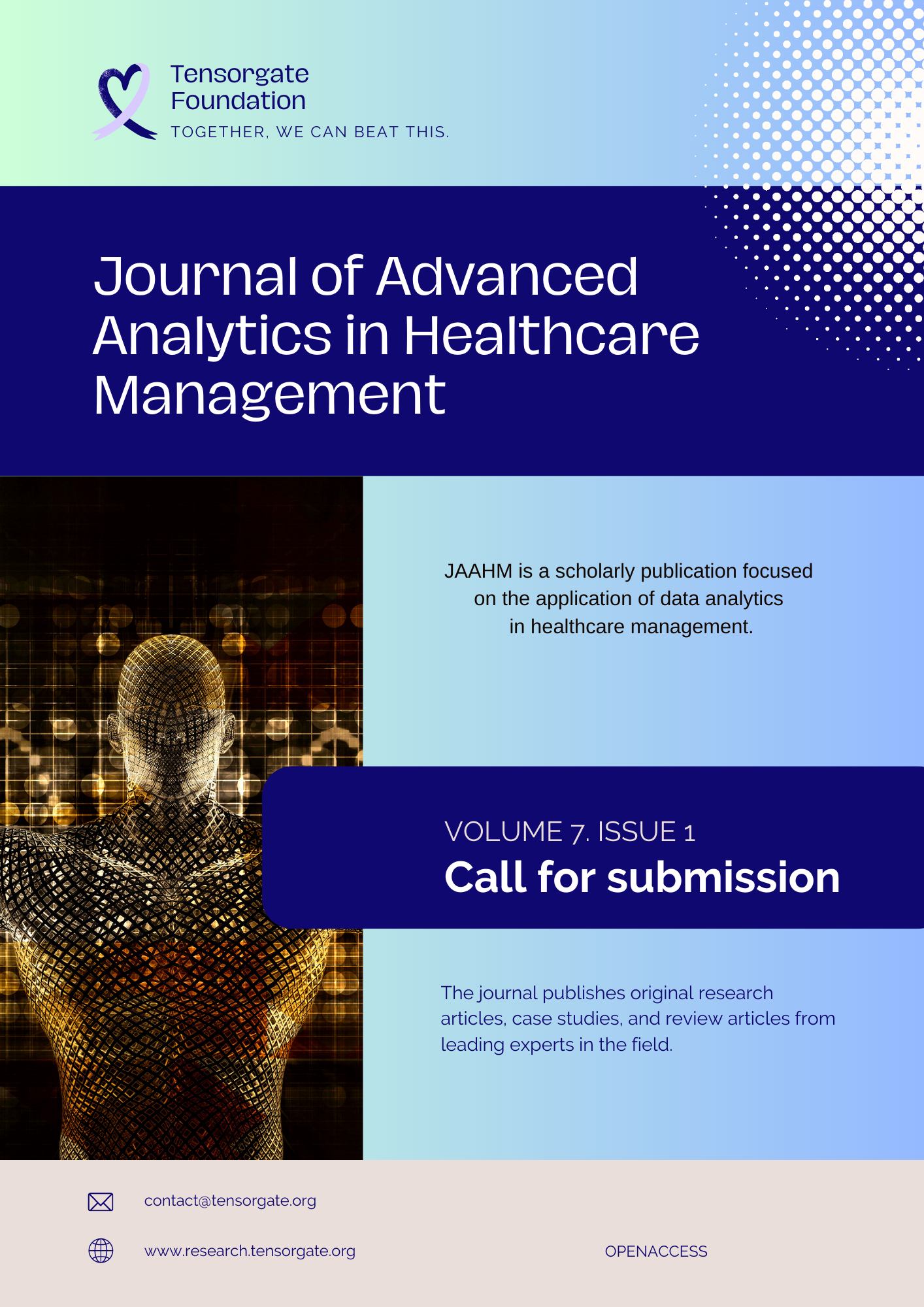Enhancing Hospital Operations Through the Analysis of SARS-CoV-2 Drug Interactions Using TylerADE
Keywords:
SARS-CoV-2, COVID-19, Drug interactions, Hospital operations, TylerADE, Treatment protocols, Patient outcomes, Healthcare management, Medication management, Patient safetyAbstract
The COVID-19 pandemic has posed unprecedented challenges to global health systems. Effective treatment of patients with SARS-CoV-2 requires a detailed understanding of drug-drug interactions, which can impact treatment outcomes and strain hospital resources. This qualitative study examines the use of TylerADE, a dedicated drug interaction analysis tool, to improve hospital operations in the context of SARS-CoV-2 treatment. The project's objectives include studying the numerous pharmacological interactions associated with SARS-CoV-2 treatment, assessing their impact on hospital operations, and recommending improvement solutions. A thorough literature review examining current treatment regimens, medication processes, and the importance of drug interactions in patient care sets the scenario. This study collects data from electronic health records and pharmacy records according to strict ethical guidelines. TylerADE will be used to analyze drug interactions and statistical approaches will be used to assess the impact on patient outcomes, resource utilization and staff workload. Preliminary studies demonstrate the prevalence of pharmacological interactions, their clinical significance, and the evolution of patterns over time. Additionally, the study demonstrates the measurable impact of these interactions on patient outcomes and effective use of hospital resources. The discussion section highlights the importance of these findings, highlights how analysis of drug interactions can influence treatment decisions, and provides methods to minimize risks and improve patient care. It also demonstrates the possibility of integrating TylerADE into standard healthcare procedures. While this study admits its limitations, including data limitations and the need for additional research, it highlights the importance of using modern technologies like TylerADE to improve hospital operations during the ongoing pandemic. This research provides clinicians and policymakers with insightful recommendations for optimizing SARS-CoV-2 treatment options within the constraints of resource-intensive healthcare facilities.

